The Eagle of the Adriatic Sea
The Eagle of the Adriatic Sea
By: Ivana Segvic-Boudreaux
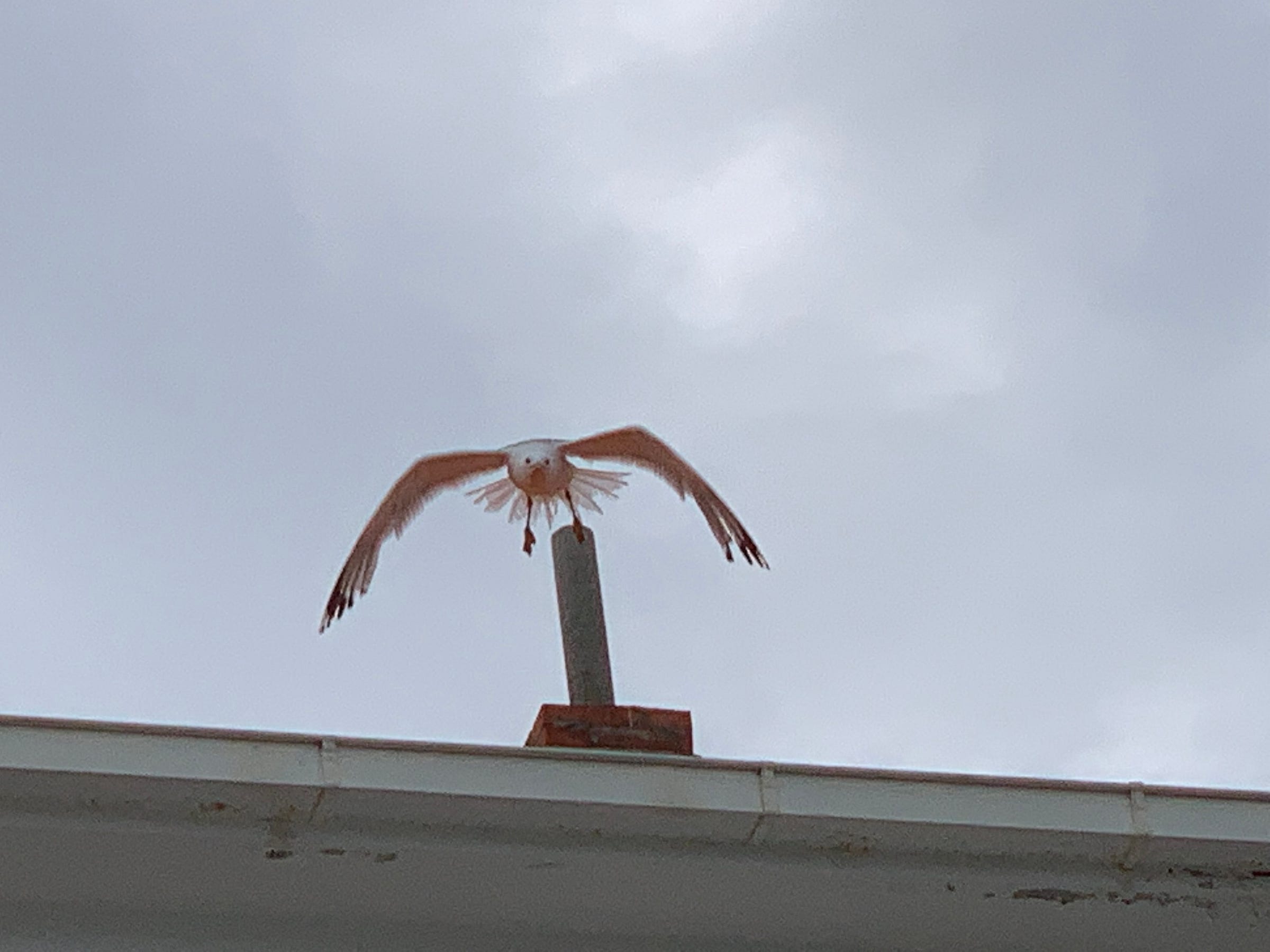
In the serenity of the morning, God’s monumental masterpieces tend to shine even more brightly. The stillness of the sea, mirroring the mountains and sky beckon to the soul, while the song of the seagulls rise to the skies, in the placidity, in the tranquility, in the serenity.
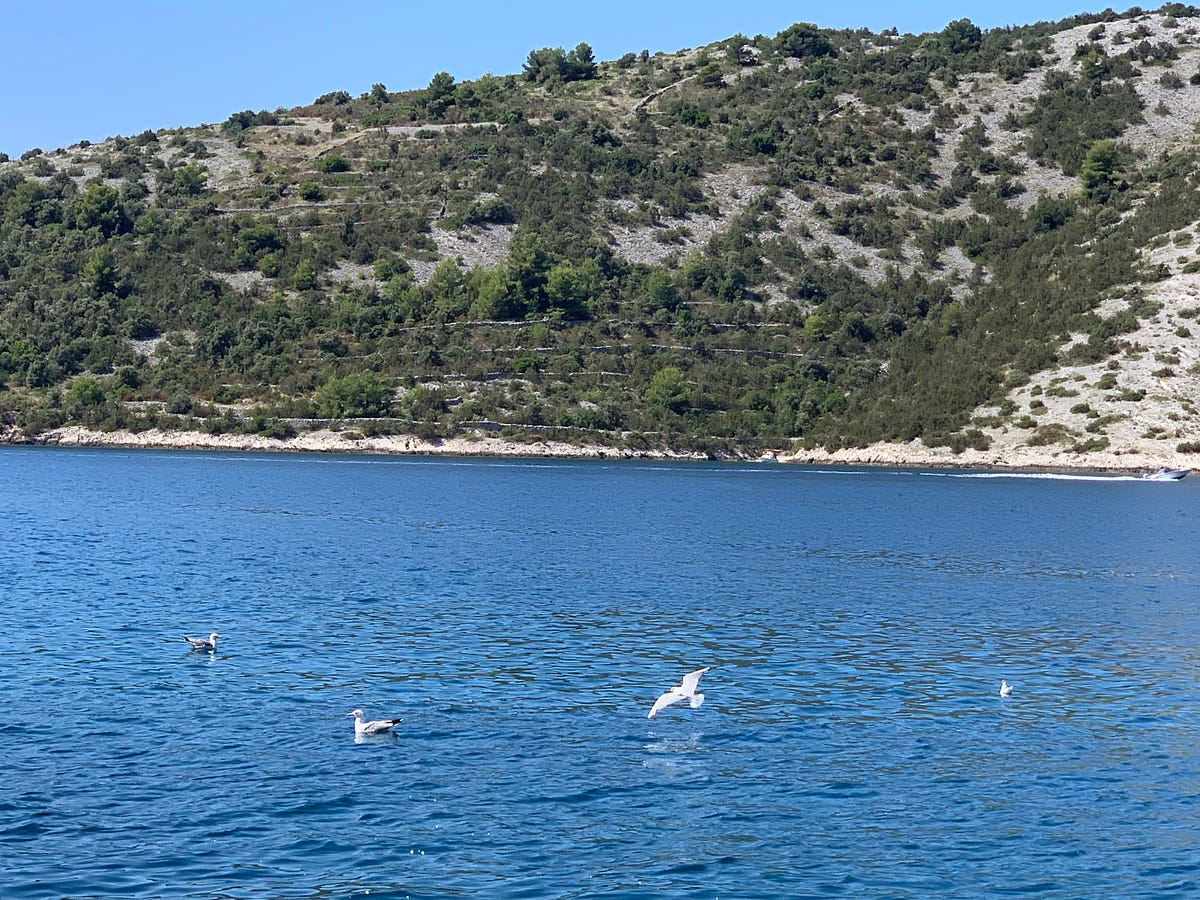
I never understood why seagulls were often seen as a nuisance, a “rat of the sea,” by many. To me, they were more comparable to the grandiose and respected eagles. As, Canadian author Douglas Coupland said, “Eagles are seagulls with a good hairdo.” Perhaps it is vice versa. Their majesty, their misunderstood, loving nature and beauty are something of which songs for generations in my home country of Croatia have been written. Some northwestern coastal Native American tribes believed seagulls to have powers over storms and weather. Their presence in coastal lore is present throughout the world. Yet, we overlook them; do not see them, dismiss them…
They are the dreamers of the sea; the poetic kings keeping watch over the coast, assuring life continues in equilibrium. As a coastal people, we dream of flying, frolicking and singing with them. We envy their perpetual freedom. We covet their fishing skills and simple love of life. They mate for life, finding one true love and living their days through good and bad. They co-parent, taking turns incubating the eggs and caring for and teaching the young. Perhaps even the seagull could teach us a bit about living the good life.
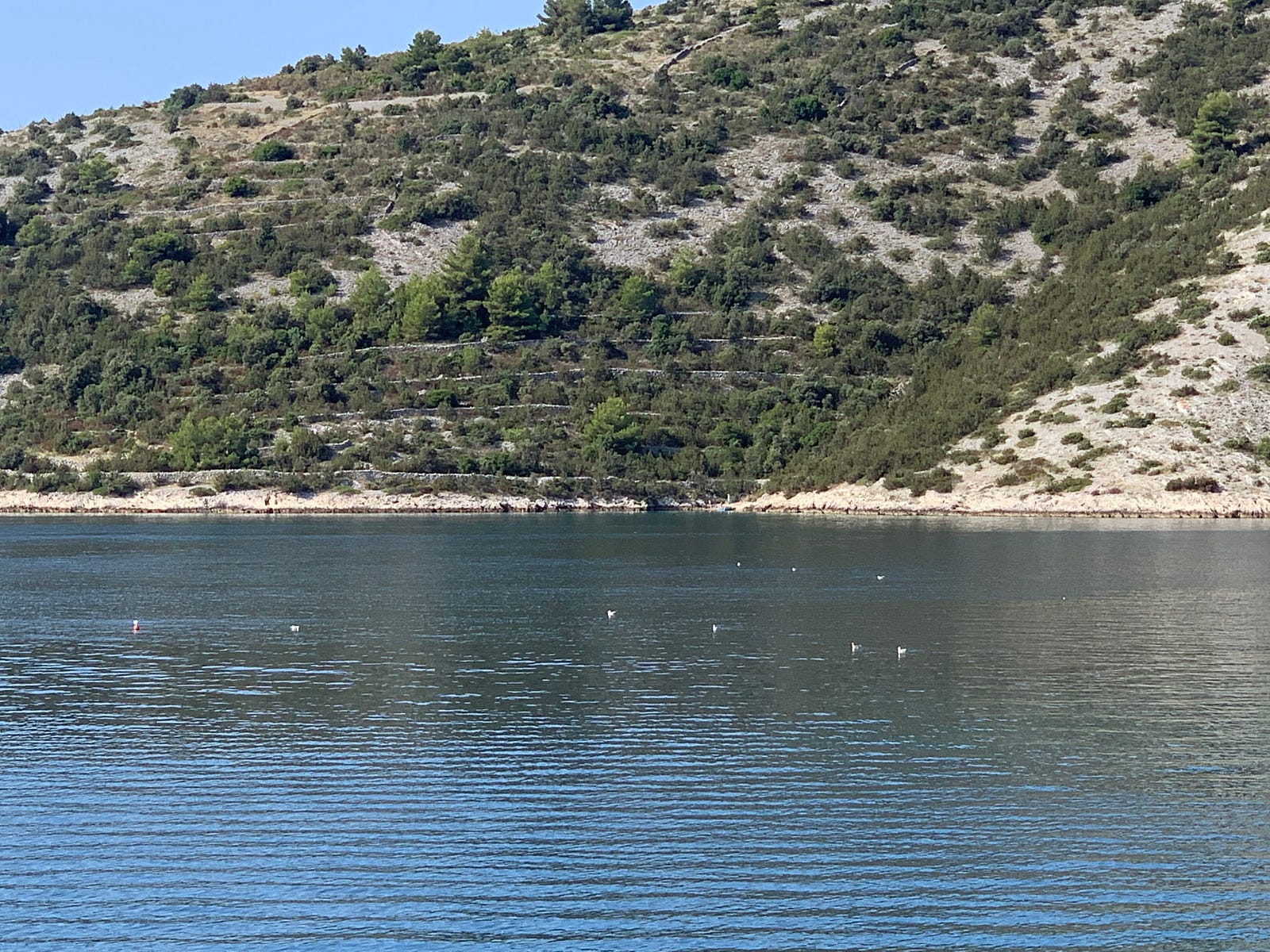
I’d watch them with wonder as they dotted the deep blue sea with specks of white, like tiny buoys, seemingly floating, but deeply grounded to the sea and its mystery. The young, awkwardly attempting to catch their prey; the fish playfully teasing, escaping, until the young gull figures out his mistake and finds his fist catch.
As they soar through the sky, they exert the least amount of energy, enjoying the dance with the wind and the reflective shimmer of the sea. They go to bed at sunset, lining the rocky shores, like white marshmallows, each in their own spot, ready to seize the morrow.
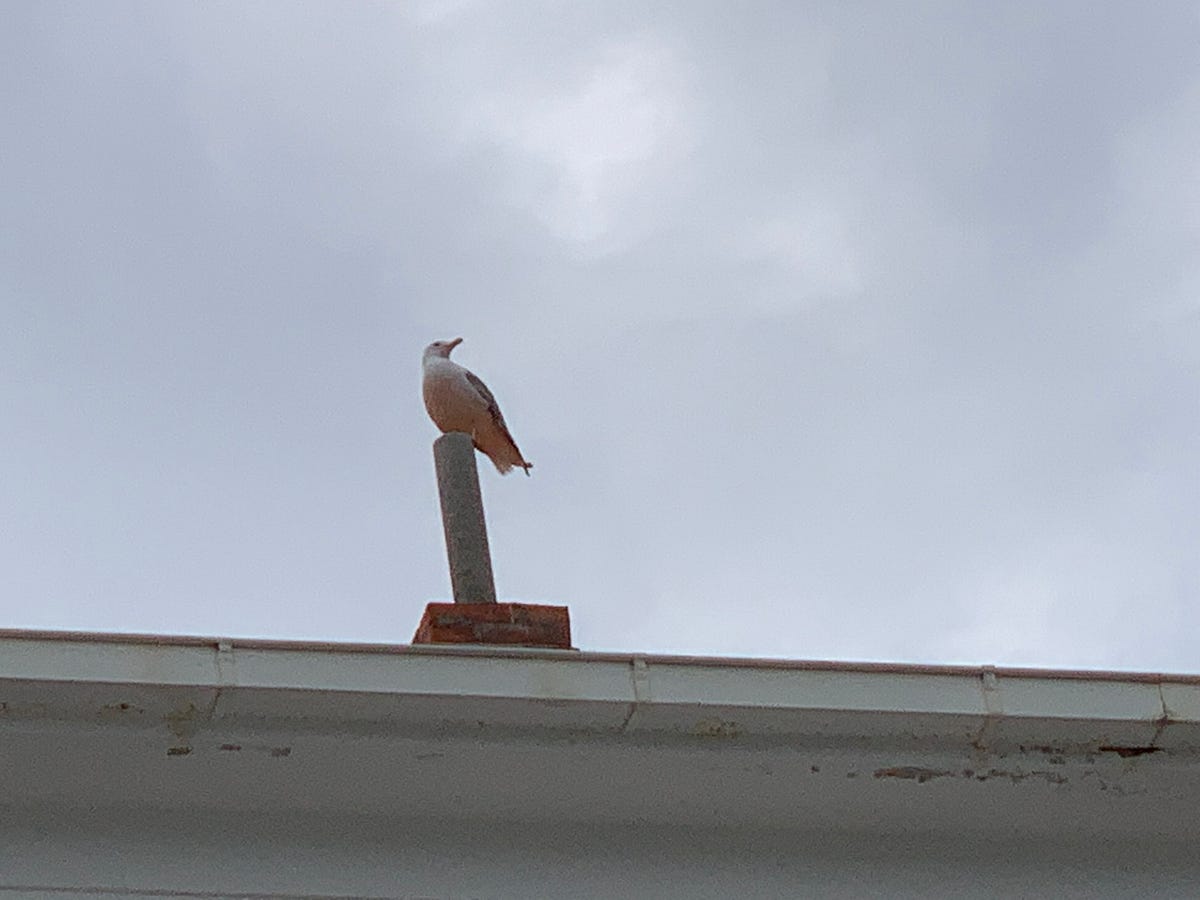
They are known to keep fishermen company. Perhaps it’s the idle way to get a free meal, the way they greedily follow every fishing vessel, which has given them a bad reputation, but I believe they are proud, social creatures, seeking our interactions, even enjoying them. They are intelligent, knowing which bite they might be gifted, and which one is the fisherman’s keep. Their communication skills are diverse, using a variety of sounds, coupled with nonverbal body language.
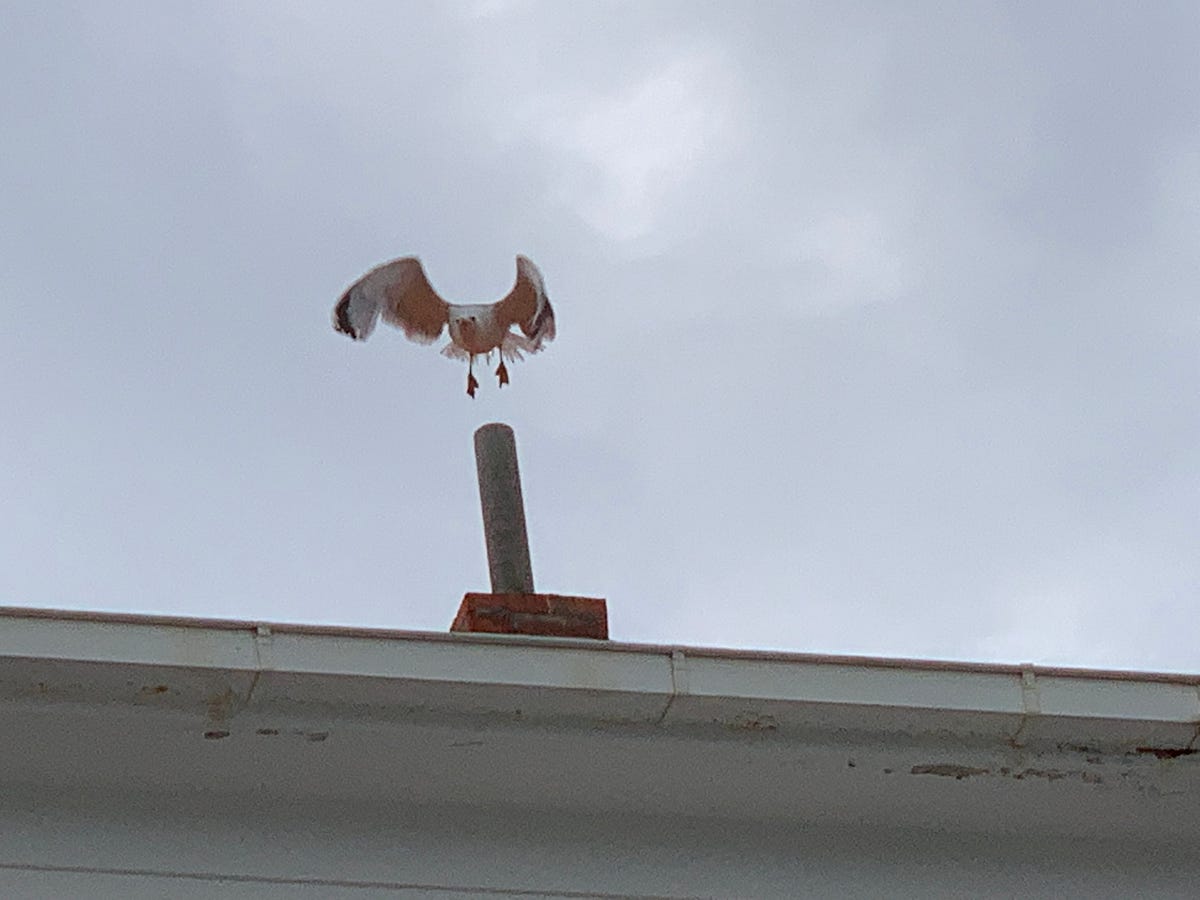
I’d spent many hours in my tiny rowboat, fishing silently with a seagull or two floating atop the still sea. Sometimes the braver one would be courageous enough to hop up on the bow, only three or so feet away from me. When my brother, sister and I were little, a seagull with a broken wing made its way to our home and we took it upon ourselves to care for it. We named her Isabella and she knew she would be fed throughout the day and given fresh water. What we didn’t realize is that seagulls are one of a few creatures that can drink salt water as well. A new study earlier this year revealed that they might be even more intelligent than we give them credit: They study human behaviors when trying to find food. For instance, if you stare them down, they are less likely to take your food. They also are more likely to peck at food that they have seen in human hands, suggesting they are modeling human behavior. Perhaps they are not as foolish or “gullible” as we thought.
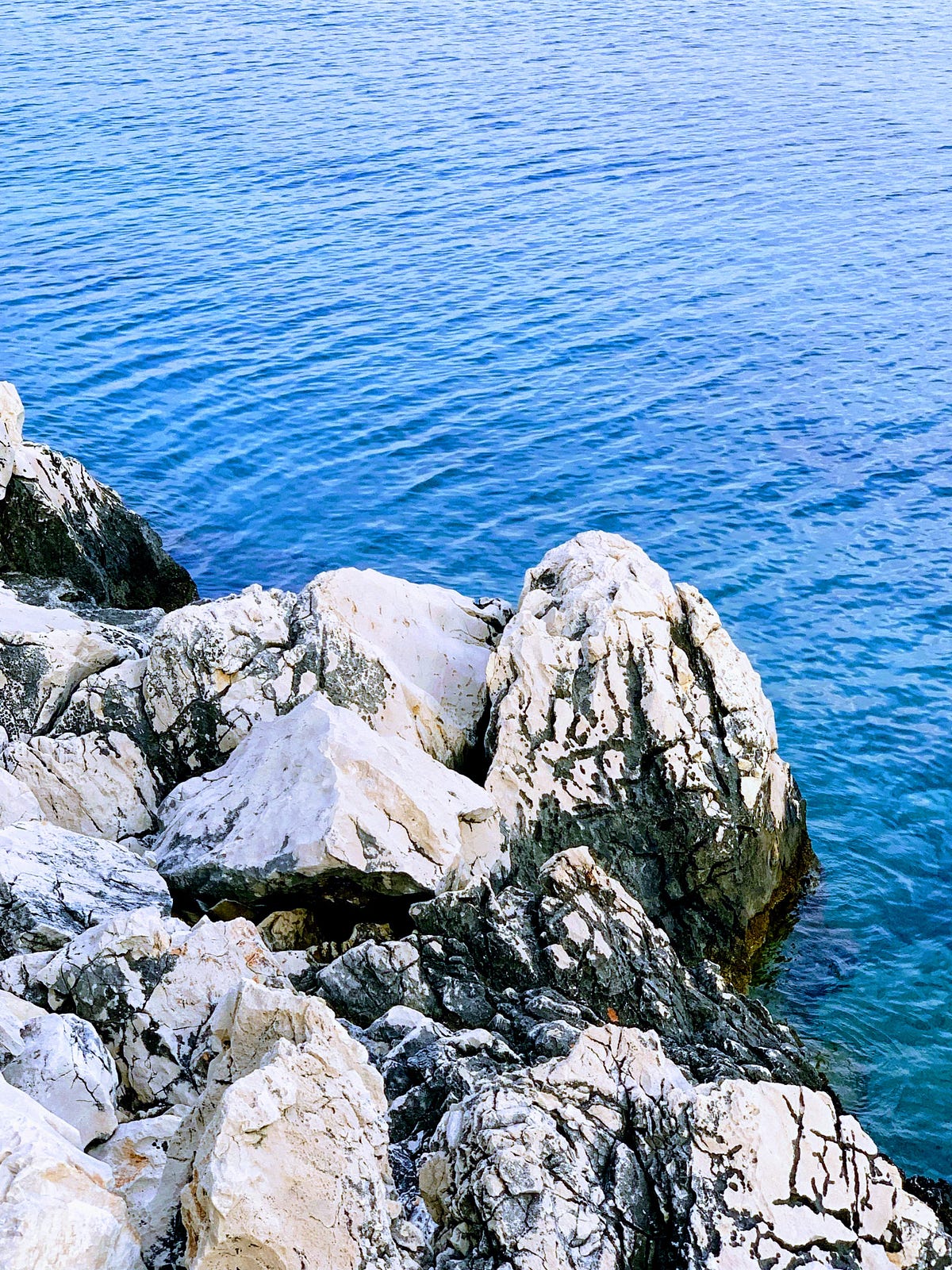
During the years I had spent by the sea, I’d been comforted by their behaviors, their morning wakeup calls, their nearly-choreographed evening waltzes above the sea. Theirs is a true love affair, a oneness of creature and nature. Their colors of gray and white are the same as the Adriatic coastline. It is as though they rise from the bright white rocks along the Adriatic shore and easily find their way back each evening, dissolving into the rocks as an invisible extension of the shore until the next morning.
In Croatia, they are celebrated in song. While many call out their name in envy and admiring love, one song shall eternally be theirs… and ours. “Galeb i Ja,” or “The Seagull and I,” sung by the timeless Oliver Dragojevic (lyrics by Tomislav Zuppa; music by Zdenko Runjic). No translation shall ever do the song justice, but below is its essence…
It feels so nice,
Lying on the dry shore,
At a desolate spot by the sea
Watching you in your vastness
Ahhhahhh my seagull
To watch you
To fly with you
Above all, to have no fear
To defy every storm
That rolls over, destroys
Ahhhahhhh my seagull
To defy every storm in all its rage
So even the sea boils and foams
To be the ruler of all
To sing lively in the heights of the sky
In the sky, when the sun
Ceaselessly shines
In your sky and in your sea
Nothing is angry anymore
My seagull
No more anger
As your wings carry you wherever you wish to go
To the storms or to the sun
You mock and you laugh!
In the stillness, by the sea
Where the sun smiles upon its land
I listen to you as you sing
It's beautiful, it's beautiful
My seagull
A beautiful version from Oliver with the 2 Cellos can be found here.
